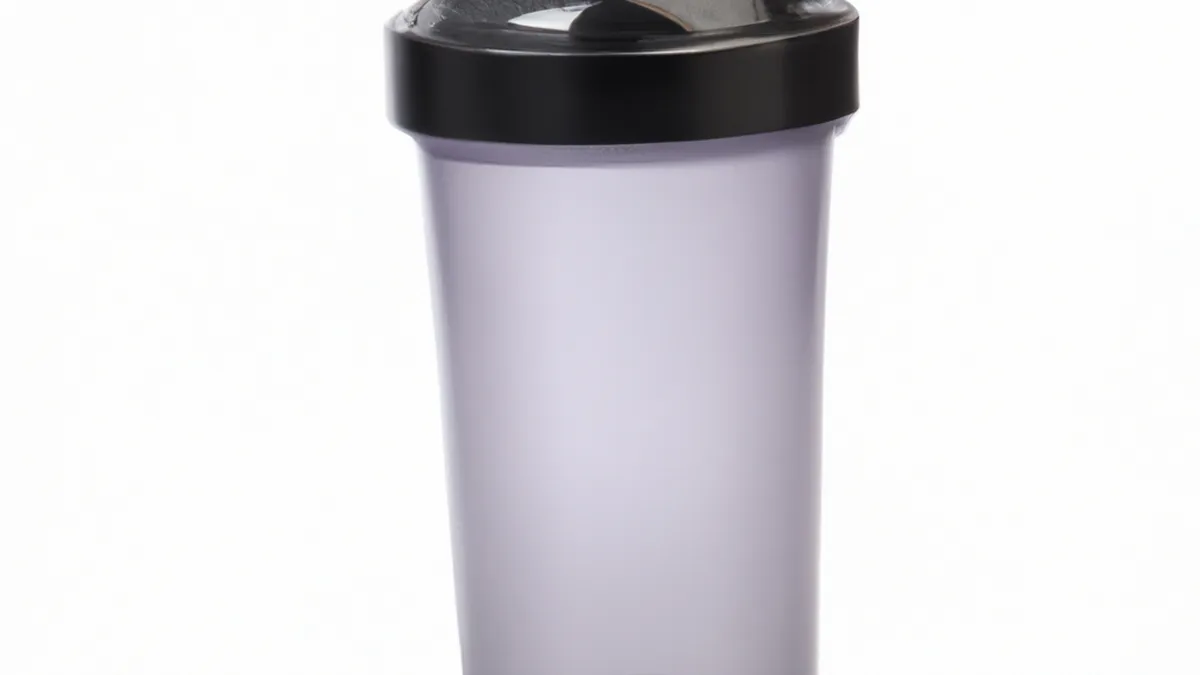Revamp Your Plate for Rugby Conditioning
Nutrition Tips for Optimal Rugby Conditioning
Rugby demands peak physical performance. Nutrition plays a crucial role alongside training. Proper nutrition fuels energy, enhances recovery, and builds muscle. This post explores essential nutrition tips for optimizing your rugby conditioning.
Understand Your Energy Needs
Rugby players need significant energy. The sport involves high-intensity bursts of activity. Consume enough calories to support your training and gameplay.
Calculate Your Caloric Intake
Determine your daily caloric needs. Use an online calculator or consult a sports nutritionist. Rugby players typically need 3,000 to 6,000 calories daily, depending on their position and training intensity.
Focus on Macronutrients
Your diet should include carbohydrates, proteins, and fats. Each macronutrient plays a crucial role in your performance.
– **Carbohydrates:** They serve as your primary energy source. Aim for 55-65% of your daily intake from carbs. Focus on whole grains, fruits, and vegetables.
– **Proteins:** They aid muscle repair and recovery. Target 1.2 to 2.0 grams of protein per kilogram of body weight. Include lean meats, fish, eggs, and plant-based sources like lentils and beans.
– **Fats:** Healthy fats support hormone production and overall health. Include avocados, nuts, and olive oil. Aim for 20-30% of your daily intake from fats.
Hydration is Key
Stay hydrated for optimal performance. Dehydration leads to fatigue, reduced coordination, and increased injury risk.
Monitor Your Fluid Intake
Drink at least 3 liters of water daily. Increase this amount if training outdoors or in hot conditions. Individual sweat rates and activity levels affect hydration needs.
Use Electrolytes Wisely
Consider electrolyte drinks during intense training sessions. They replenish lost minerals like sodium and potassium. Limit sugary sports drinks to avoid unnecessary calories.
Timing Your Meals
Meal timing impacts performance and recovery. Knowing when to eat matters as much as knowing what to eat.
Pre-Game Nutrition
Consume a balanced meal 3-4 hours before a match. Include complex carbohydrates, lean protein, and healthy fats for sustained energy.
**Snacks:** For a quick boost, snack 30-60 minutes before kick-off. A banana or small energy bar provides quick energy.
Post-Game Recovery
Recovery nutrition is vital. Eat a meal rich in protein and carbohydrates within 30 minutes after a match. This kickstarts recovery and replenishes glycogen stores.
Focus on Whole Foods
Whole foods offer essential nutrients for health and performance. They lack additives and preservatives often found in processed foods.
Incorporate Variety
Eat a wide range of foods to receive necessary vitamins and minerals. Include fruits, vegetables, lean proteins, and whole grains. This variety improves immune function and boosts performance.
Meal Prep for Success
Plan and prepare meals in advance to save time and meet nutrition goals. Create a weekly meal plan with balanced options. Batch cook protein sources and grains for easier meals during the week.
Benefits of Proper Nutrition
Prioritizing nutrition benefits rugby players significantly. Good nutrition enhances performance on the field. Proper fueling allows harder training and faster recovery.
Nutrition supports muscle growth, crucial for rugby strength and power. Adequate protein intake promotes muscle repair and growth.
Good nutrition also prevents injuries. A well-nourished body withstands rugby’s physical demands better. Vitamins and minerals strengthen bones and support joint health.
Conclusion
Nutrition plays a vital role in optimizing rugby conditioning. Understand your energy needs, stay hydrated, time your meals, and focus on whole foods to enhance performance. Prioritize these nutrition tips to fuel your training, recover effectively, and excel on the field. What you consume directly impacts your athletic abilities. Stay committed to your nutrition plan and watch your performance soar.
Below are related products based on this post:
FAQ
What are the key macronutrients rugby players should focus on?
Rugby players should focus on three key macronutrients: carbohydrates, proteins, and fats. Carbohydrates should make up 55-65% of daily intake as they serve as the primary energy source. Proteins, which aid in muscle repair and recovery, should be consumed at a rate of 1.2 to 2.0 grams per kilogram of body weight. Healthy fats are also important, constituting 20-30% of daily intake, supporting hormone production and overall health.
How much water should rugby players drink?
Rugby players should aim to drink at least 3 liters of water daily. This amount should be increased if training outdoors or in hot conditions, as individual sweat rates and activity levels can affect hydration needs. Staying properly hydrated is crucial for optimal performance and helps prevent fatigue and injury.
What should players eat before and after a match for optimal performance?
Before a match, players should consume a balanced meal 3-4 hours prior, including complex carbohydrates, lean protein, and healthy fats for sustained energy. For a quick boost, a snack like a banana or small energy bar can be eaten 30-60 minutes before kick-off. After the match, it’s vital to eat a















Post Comment